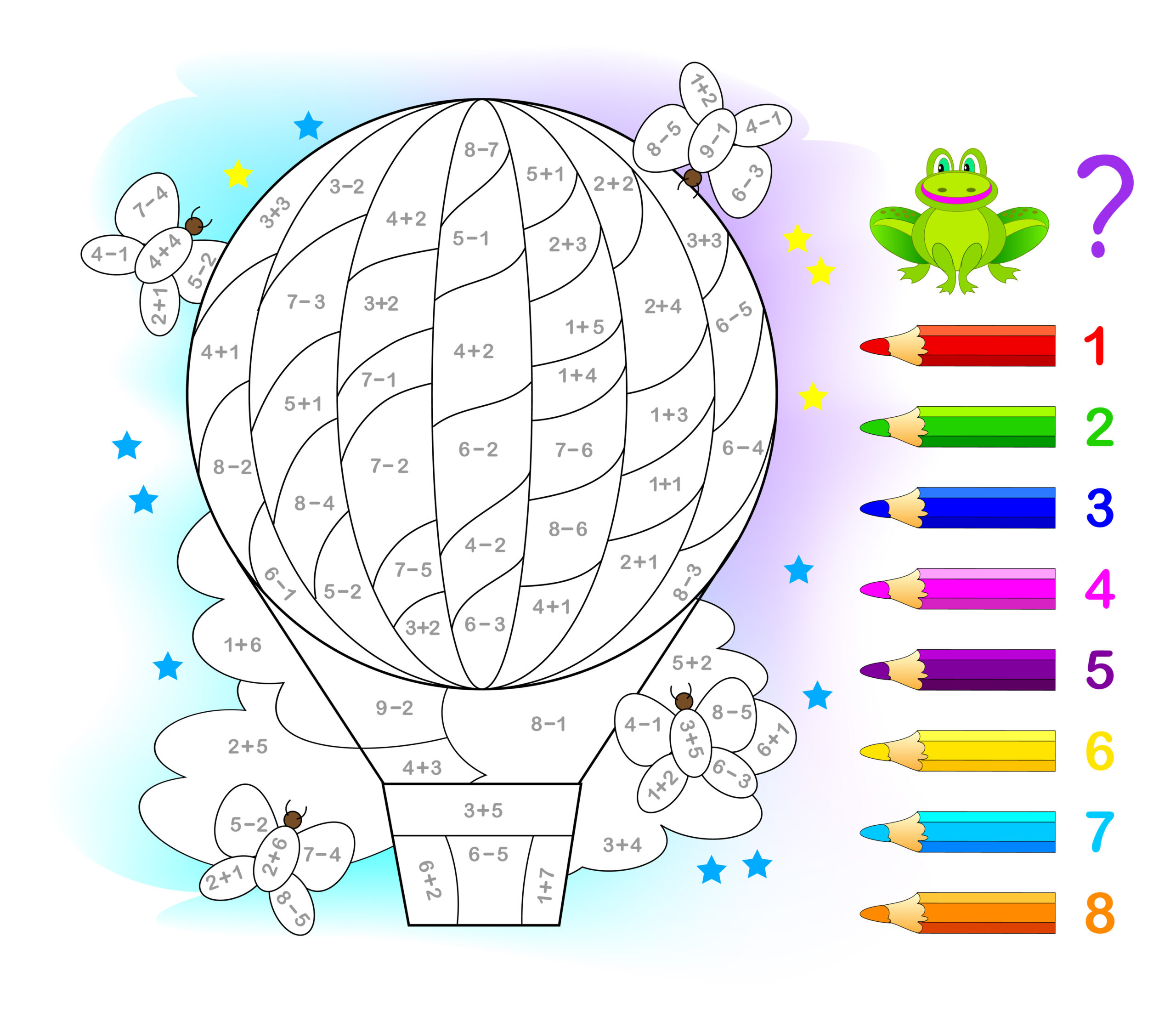How the Smell of Certain Flowers Can Bring Back Lost Memories for Dementia Patients
### How the Smell of Certain Flowers Can Bring Back Lost Memories for Dementia Patients
For people with dementia, memories can be fleeting and difficult to recall. However, there is a powerful way to bring back those lost memories: through the sense of smell. Specifically, the smell of certain flowers can transport seniors back in time, evoking vivid recollections and emotions.
#### The Science Behind Smell and Memory
The brain’s connection to smell is unique. When we smell something, it triggers a response in the brain’s emotion and memory centers. This is because the areas of the brain that process smell are closely linked to those that store memories. This link explains why certain scents can evoke powerful memories, even if the person can’t articulate them.
#### How Flowers Can Trigger Memories
Flowers have a wide range of scents, each with its own unique characteristics. For example, the smell of jasmine might remind a senior of a garden they had in childhood. Similarly, the scent of roses could bring back memories of their wedding day or a special occasion. These sensory cues can trigger positive emotions and memories, even if the person with dementia can’t recall them through other means.
#### Practical Applications
Using the smell of flowers to trigger memories can be a simple yet effective activity for dementia patients. Here are a few ways to incorporate this into their care:
1. **Sensory Stimulation:** Create a sensory experience by placing different flowers in the room. For instance, you could have a vase with fresh roses or a pot with blooming lavender. This multi-sensory stimulation can engage the person’s senses and evoke memories.
2. **Personalized Scents:** Tailor the scents to the individual’s preferences and history. If a senior loved gardening, using the scent of herbs or fresh-cut grass might be particularly effective. For someone who enjoyed baking, the smell of freshly baked bread could bring back memories of family gatherings.
3. **Reminiscence Therapy:** Combine the use of flowers with reminiscence therapy. For example, you could show the senior a photo of their garden while they smell the flowers. This can help them connect the sensory experience with the visual memory, making it easier to recall.
4. **Calming Effect:** The calming and soothing nature of flowers can also reduce agitation and anxiety in dementia patients. Gentle sensory input, such as the soft scent of a flower, can ground the person and provide a sense of comfort.
#### Conclusion
The smell of certain flowers is a powerful tool in helping dementia patients recall lost memories. By leveraging the brain’s connection to smell, caregivers can create a therapeutic environment that stimulates the mind and evokes positive emotions. Whether it’s the scent of jasmine or roses, using flowers to trigger memories can bring joy and comfort to seniors with dementia, enhancing their quality of life and sense of identity.





